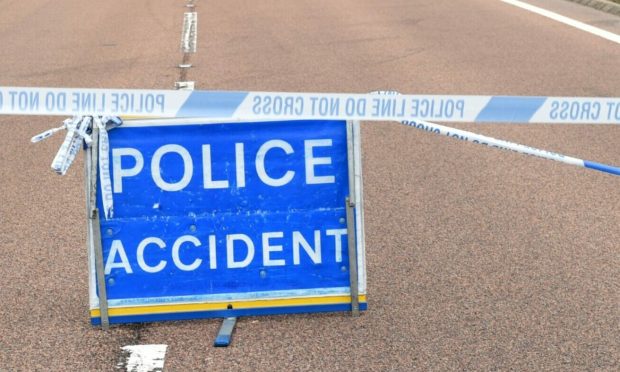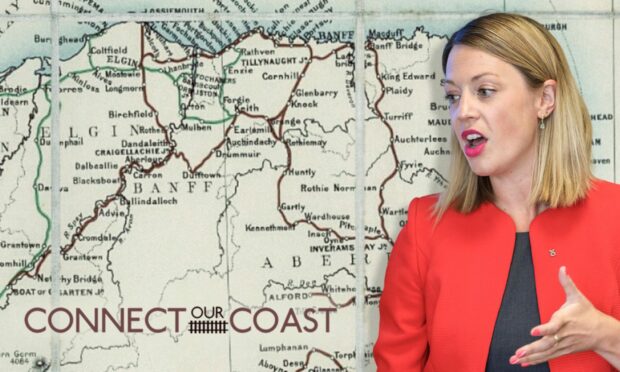A new £5 million safety package to improve the A9 Inverness-Perth road includes cash for road markings, signs and educating foreign drivers to drive on the left, Scotland’s transport chief announced.
SNP minister Jenny Gilruth set out the plans after concerns about multiple deaths on the trunk road this year.
There is also growing pressure to deliver long-awaited promises to dual the road along its full length.
Ms Gilruth responded to the latest calls with pledges to deliver “enhanced road markings” and illuminated road studs.
There will be improvements to highlight single carriageways and transitions at dualled sections of the route.
Work will also be carried out to ensure tourists are “better educated on Scotland’s roads”.
Recent tragedies
A total of 13 people died on the 112-mile stretch between Perth and Inverness this year.
Work to dual the trunk route was scheduled for completion by 2025, but only two of the 13 sections have been completed to date.
Neither the A9 or A96 Aberdeen-Inverness dualling programmes were mentioned in finance chief John Swinney’s budget speech on Thursday, despite the projects being worth a combined £6 billion.
In response to a parliamentary question from Inverness and Nairn MSP Fergus Ewing, Ms Gilruth confirmed on Friday that safety work will be carried out.
“This year’s safety performance of the A9 has been a concern for everyone and our thoughts remain with those affected by these tragic accidents,” the SNP minister said.
“I can advise today that this government is taking forward a package of safety measures, valued at £5m, to help address the trends identified recently.”
Ms Gilruth said there would be an additional £600,000 of “works and campaigns” delivered by April, on top of safety measures already planned.
These include:
- Enhanced road markings with “acoustic properties”
- Illuminated road studs plus signage and improvements to highlight single carriageways and the transitions at dualled sections
- Variable message signs will also be deployed along this part of the route
The minister added that in 2023-24 and 2024-25, the scope and extent of the works would be expanded between Perth and Inverness.
“I will also be working with the car hire sector and key local and regional partners to examine how tourists and foreign drivers can be better educated on Scotland’s roads,” she said.
“This will aid our wider campaign work on ‘Drive on the Left’ and will also highlight the necessity for taking regular breaks, tackling driver fatigue.”
Scottish Tory transport spokesman Liam Kerr, a North East MSP, said the government had slashed £75 million from the roads budget, branding it a “clear threat” to the future of crucial upgrades.
“They may have given a few crumbs of spending towards the A9 but this hardly shows how the route is a priority for ministers,” he said.
“More road markings and lights, could hopefully help to save lives in the short-term.”
Budget
On Thursday, Mr Ewing challenged Mr Swinney on the lack of progress on dualling the A9 and A96, which connects Inverness to Aberdeen, and is currently the subject of a review.
“In the budget, I heard no reference at all to any new or additional funding for delivery of dualling of the A9, or the A96 in my constituency,” he said.
“I am afraid that that will be disappointing to my, and I suspect his, constituents.
“When will we deliver on our pledges that were first made 14 years ago?”.
Mr Swinney said “significant progress” had been made on dualling the A9.
He added: “I also recognise the tragedy of the death toll on the A9, which, as a consequence of many road safety measures that have been taken for a considerable time, has been avoided for many years.
“However, the issue has reached an intense level in the past 12 months, which causes enormous distress to the individuals affected.”
Mr Swinney insisted resources were available in the budget to continue the programme of dualling the A9.
“Ministers are reviewing the capital programme to ensure that we can support the financial commitments in the light of the commercial pressures that are prevalent in capital programmes because of the increase in input prices,” he said.




Conversation